When Thomas Khuu arrived at the UW as a pre-med student, he thought he might try working in a UW research lab or clinical setting. He also considered working with children, or immigrants, or the elderly. In the end, he did all of the above before graduating in June.
Khuu (BS, Biochemistry, 2019), a first-generation student and the second member of his extended family to attend college, knew by high school that he wanted to be a doctor. “As a doctor, you can be so involved in people’s lives at a time when they really need it,” Khuu says. “You can make a really great impact on the people you treat.”
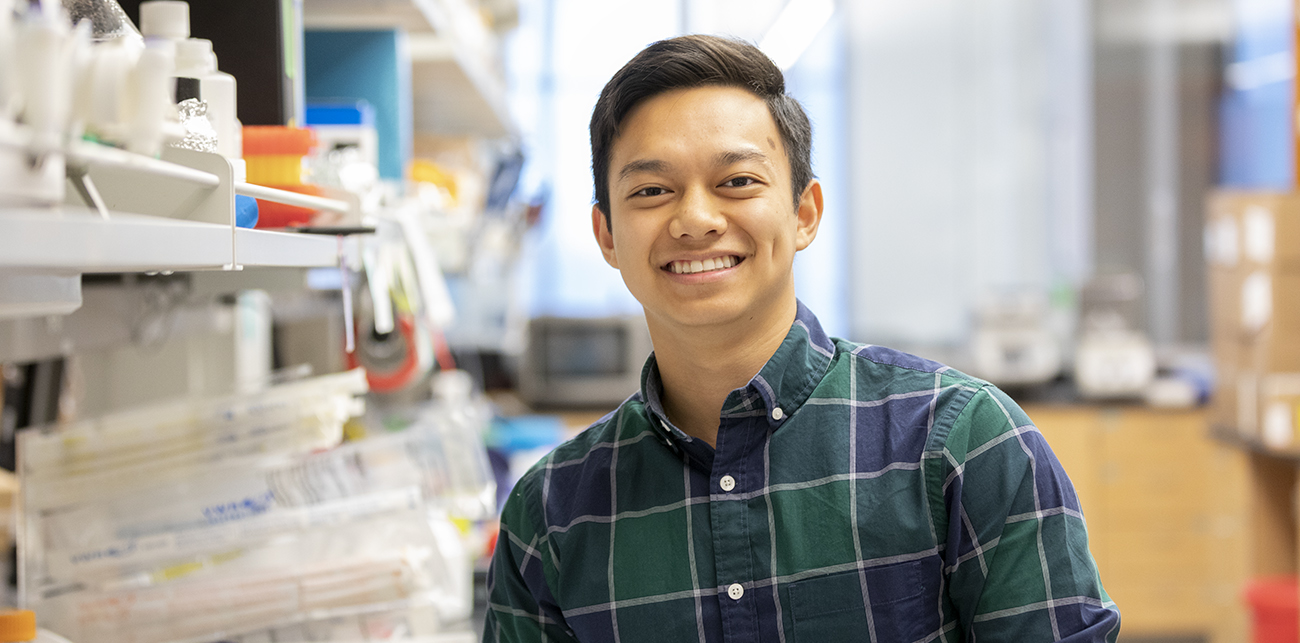
His freshman year, Khuu shadowed a physician in private practice to learn more about the profession. Fascinated by the physician’s focus on retinal disease, Khuu then contacted UW faculty doing related research. He landed a position as an undergraduate researcher in the lab of Jennifer Chao, an ophthalmologist at the Eye Institute at Harborview and an associate professor of ophthalmology.
Chao studies degenerative retinal diseases, with a particular focus on cells that support the retina. Khuu has worked in her lab for nearly four years, receiving mentoring throughout. Beyond teaching Khuu countless lab techniques, Chao offered to introduce him to her extensive network of colleagues. “Jen has been a great, great mentor,” Khuu says. “Lab manager Abbi Engel too. They’ve done so much to support my growth as a scientist and my pursuit of medicine.”
As a doctor, you can be so involved in people’s lives at a time when they really need it. You can make a really great impact.
Because Khuu hopes to work in a clinical setting, he also sought opportunities to work directly with patients. He became a certified nursing assistant (CNA), covering the weekend shift at an assisted living facility during his junior year. It was a tough schedule: seventeen hours at the assisted living facility each weekend, working in Chao’s lab three afternoons a week, and managing a challenging course load. Yet Khuu has no regrets.
“It was definitely eye-opening to work with a geriatric population,” he says. “In an assisted living facility, the CNA is the primary caretaker for many of the residents, helping them with the activities of daily living. Every resident has different needs, so you have to think on your feet and really get to know each person as an individual to take care of them the best that you can. It’s a hard but rewarding job.”
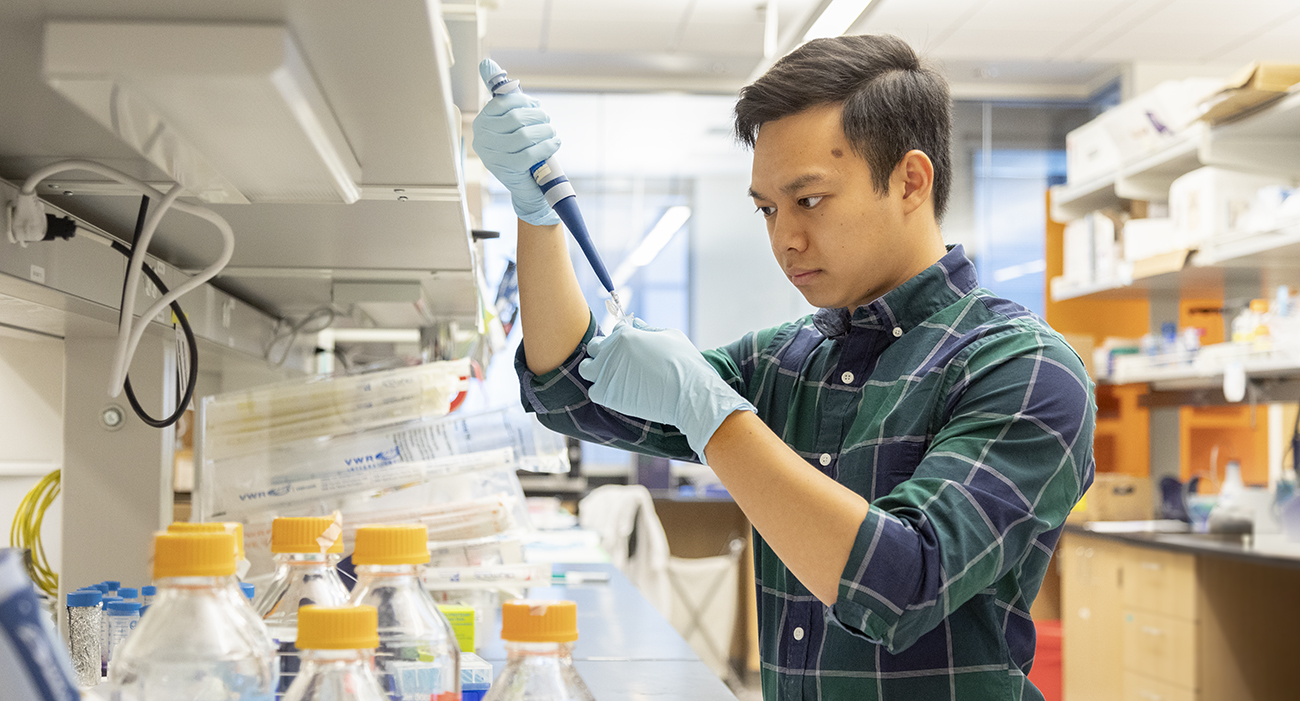
Most of Khuu’s assisted living patients were elderly, but he balanced that work with a youth-focused activity, Camp Kesem. (His senior year, Khuu also volunteered at the Seattle World School, a Seattle public school for refugee and immigrant children.) Camp Kesem is a summer camp for children who have lost a parent to cancer, have a parent undergoing cancer treatment, or whose parent is a cancer survivor. Khuu heard about the camp his freshman year and immediately began volunteering. His junior and senior years, he was one of three co-coordinators of Camp Kesem’s annual fundraising gala.
During Camp Kesem’s week-long overnight camps, offered twice each summer, Khuu served as a counselor. The experience provided another perspective on health care. “I saw firsthand how a disease like cancer has far-reaching impact beyond the person with the disease,” he says. “It affects the people around them too. I realized that as a physician, you need to make sure that whatever you’re doing for your patient is also helping their family, and that everybody is okay with the course of action.”
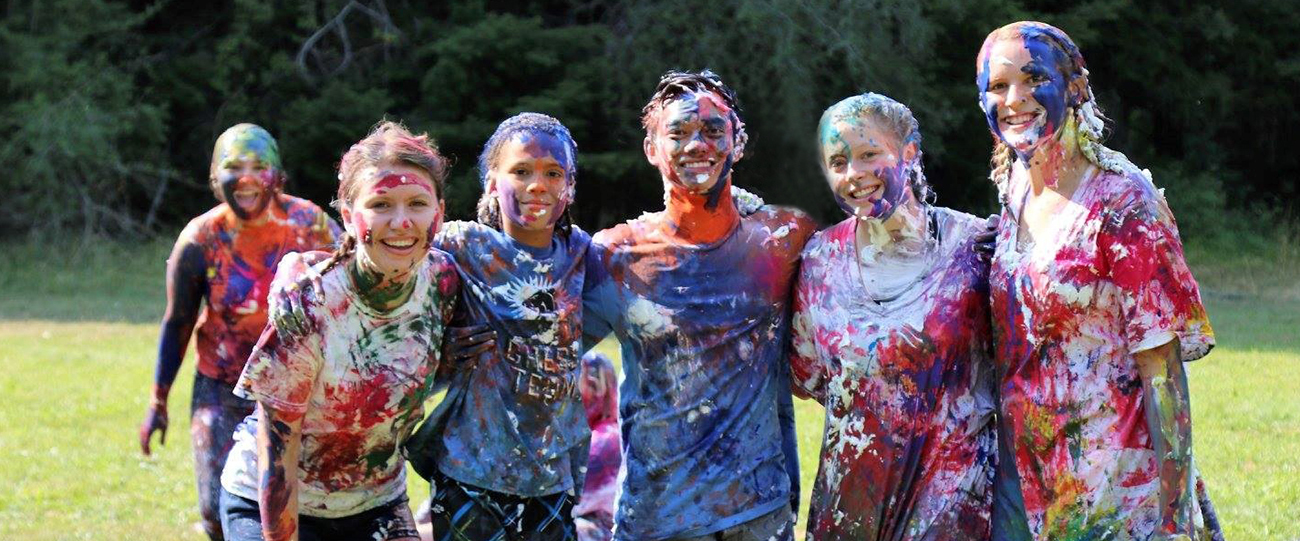
The lessons Khuu learned through his many health care-related activities will come in handy this fall when he begins medical school at Washington State University’s Elson S. Floyd College of Medicine. But first Khuu will head to central Vietnam in July with the Vietnam Health Clinic (VHC). The two-week mobile clinic serves rural populations, with UW students assisting VHC health care professionals. Khuu spent the past year raising funds for VHC and mastering the clinical services he’ll be supporting.
“Vietnam Health Clinic focuses on sustainable care,” says Khuu. “You’re not just prescribing medication and then you’re out of there. A lot of it is educating people about preventative care while remaining culturally sensitive to how Vietnamese people may perceive health.” Khuu will serve as an optometry lead for the clinic, handling non-invasive procedures with optometrists supervising. He and other students with Vietnamese backgrounds will also serve as translators.
“I’ve been to Vietnam a few times, but this is the first time I’m going without my family, which will be a different perspective,” says Khuu, whose mother’s family still lives in Vietnam. “It’s a cool graduation gift I’m giving myself.”
With all Khuu has done at the UW the past four years, and his recent acceptance to medical school, one might assume he’s got his future all figured out. He shakes his head and laughs at that notion.
“I just have a lot of interests, and it’s hard to see where those interests will take me ten years down the line,” he says. “But that’s not a bad issue to have, right?
More Stories
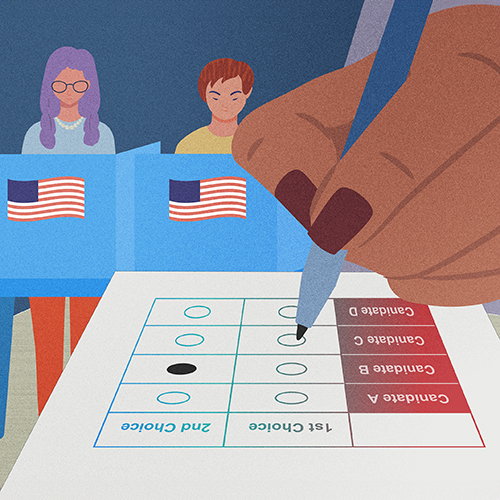
Democracy by the Numbers
Mathematics and Democracy, an undergraduate mathematics course, explores the role of math in many aspects of democracy, from elections to proportional representation.
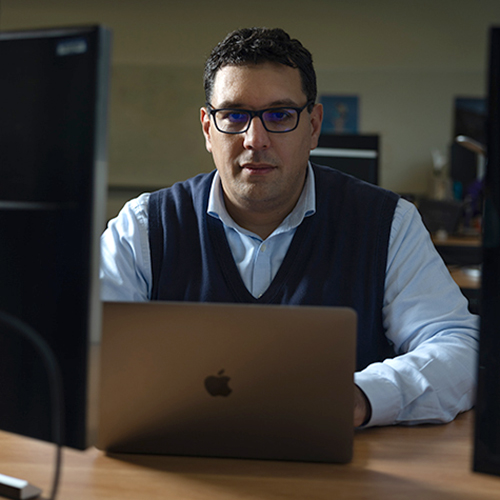
A Statistician Weighs in on AI
Statistics professor Zaid Harchaoui, working at the intersection of statistics and computing, explores what AI models do well, where they fall short, and why.

The Mystery of Sugar — in Cellular Processes
Nick Riley's chemistry research aims to understand cellular processes involving sugars, which could one day lead to advances in treating a range of diseases.